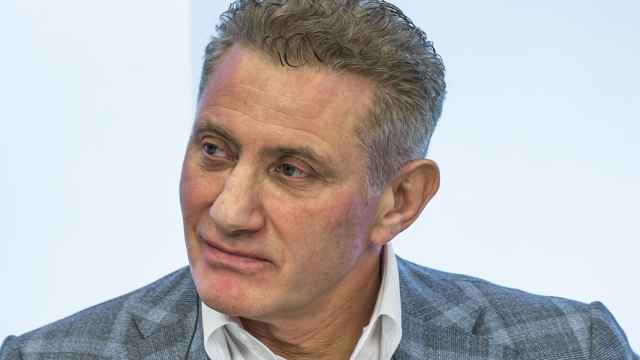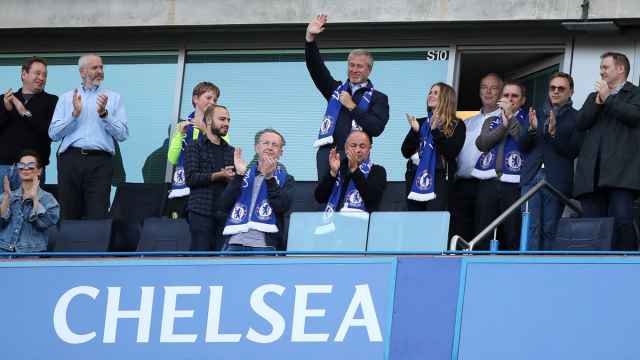LONDON — Evidence held by the British government relating to the poisoning of former Russian spy Alexander Litvinenko with radioactive polonium should remain secret on grounds of national security, the High Court in London ruled on Wednesday.
Litvinenko, 43, was an outspoken critic of President Vladimir Putin who died in London in 2006 after drinking tea that had been laced with a rare isotope, polonium-210. From his deathbed, he accused Putin of ordering his murder, a charge the Kremlin has repeatedly denied.
Wednesday's ruling was a blow to his family, which has accused Britain of trying to cover up embarrassing details to protect lucrative business deals with Moscow. Relations hit a post-Cold War low after the murder, but are slowly improving.
Seven years on, no inquest has yet been held because of the legal wrangling. Preliminary hearings were told that Litvinenko, who had been granted British citizenship, had worked for Britain's MI6 intelligence service, and that the government had evidence which established a "prima facie case" that Russia was behind his murder.
However, ministers subsequently claimed "public interest immunity," or PII, from releasing documents to the inquest, arguing that to do so would put national security at risk.
In May, Robert Owen, the coroner overseeing the inquest, partly upheld that claim in relation to documents alleging Russian state involvement, but rejected other parts, prompting Foreign Secretary William Hague to seek a judicial review of that decision.
At the High Court on Wednesday, three senior judges announced that they had backed Hague and ruled the coroner was wrong not to rule all the PII documents should remain secret.
"These were difficult issues, both for the coroner and us," Justice John Goldring concluded. "Nothing we have decided reduces the importance of open justice. However, no court can fail to take into account issues of national security, whatever the litigation before it."
When he partly granted the government's PII claim in May, Owen said keeping evidence secret would make it impossible to hold a "full, fair and fearless inquiry."
In July, the government rejected his call for a public inquiry into the case. It admitted that international relations had played a role in that decision, but said this had not been the decisive factor.
Litvinenko's family are seeking a judicial review of the decision.
British prosecutors say they have evidence to bring murder charges against two former KGB officers, but Russia has refused to hand them over as its constitution bars it from extraditing its own nationals.
A further pre-inquest ruling is due to take place Friday.
A Message from The Moscow Times:
Dear readers,
We are facing unprecedented challenges. Russia's Prosecutor General's Office has designated The Moscow Times as an "undesirable" organization, criminalizing our work and putting our staff at risk of prosecution. This follows our earlier unjust labeling as a "foreign agent."
These actions are direct attempts to silence independent journalism in Russia. The authorities claim our work "discredits the decisions of the Russian leadership." We see things differently: we strive to provide accurate, unbiased reporting on Russia.
We, the journalists of The Moscow Times, refuse to be silenced. But to continue our work, we need your help.
Your support, no matter how small, makes a world of difference. If you can, please support us monthly starting from just $2. It's quick to set up, and every contribution makes a significant impact.
By supporting The Moscow Times, you're defending open, independent journalism in the face of repression. Thank you for standing with us.
Remind me later.





